Food Justice and MLK at Winnie Mandela High School
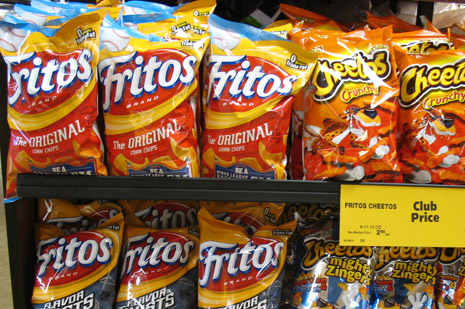
At Winnie Mandela Alternative School, students are learning how media can be a tool to raise awareness about day to day issues that affect their lives—in this case—-food justice.
Alternative high schools, whose mission it is to give young people who could not succeed in the public school system another option, vary greatly in size and nature. Winnie Mandela Inter-generational Alternative School, located on the south side of Chicago, is one of the larger sites, even though there are only 90 students. The front doors open up directly into the main staircase, where the walls are filled with inspiring quotes and phrases and students bustling to and from class. Just seconds after entering we were greeted by a friendly gentlemen who directed us to were we could find Aaron Maier’s media class.
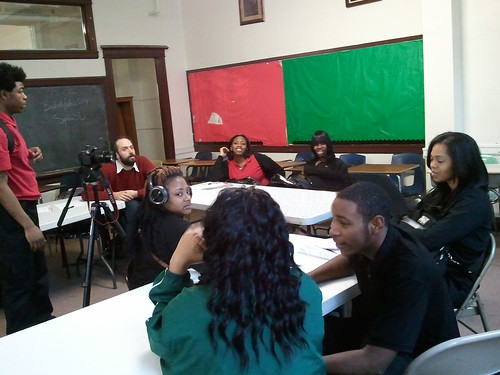 Mr. Maier is a young, energetic teacher who also exudes a strong calming demeanour. He was very excited to have us experience the magic of his classroom. Two days a week, around 10 students gather to learn how to use video production skills to make documentaries about safe sex, drug use, and food justice. Whether engaging students in group discussions or brainstorming sessions, the focus is on students actively voicing their opinions and feelings, rather then focusing just on the technical issues of video making. When asked about how the class impacted them, students jumped at the chance to tell us about their creative freedom and the ability to express the views they hold as most important.
Mr. Maier is a young, energetic teacher who also exudes a strong calming demeanour. He was very excited to have us experience the magic of his classroom. Two days a week, around 10 students gather to learn how to use video production skills to make documentaries about safe sex, drug use, and food justice. Whether engaging students in group discussions or brainstorming sessions, the focus is on students actively voicing their opinions and feelings, rather then focusing just on the technical issues of video making. When asked about how the class impacted them, students jumped at the chance to tell us about their creative freedom and the ability to express the views they hold as most important.
The day of our visit, students were reflecting on the legacy of Martin Luther King Jr. and asking themselves what he would do with the injustices facing young people today. Out of their conversation emerged one defining issue: food justice. At Winnie Mandela, if a student does not bring a lunch, their only other option for food is a small convenient-like store consisting of mostly junk food. With their 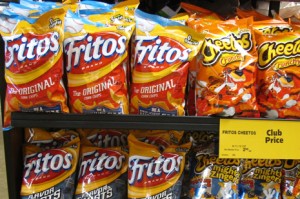 video class being directly after lunch, their frustrations were fresh on their minds. To address the issue, Mr. Maier asked students on camera, “What would Martin Luther King Jr. do about food justice at our school?” Not only did students take the opportunity to express their concerns, but they discussed possible solutions—first coming up with the ideas of a peaceful protest. But as they dug deeper, they incorporated their learning around the power of media with MLK’s values. Mr. Maier enabled students to connect history with current issues by using media to spread awareness in their school and beyond.
video class being directly after lunch, their frustrations were fresh on their minds. To address the issue, Mr. Maier asked students on camera, “What would Martin Luther King Jr. do about food justice at our school?” Not only did students take the opportunity to express their concerns, but they discussed possible solutions—first coming up with the ideas of a peaceful protest. But as they dug deeper, they incorporated their learning around the power of media with MLK’s values. Mr. Maier enabled students to connect history with current issues by using media to spread awareness in their school and beyond.
Check back next week to experience a riveting interview from a local teen who worked on documenting a forum on teen employment at the Chicago Urban League. She openly dives into her personal beliefs and also shares perspectives from the societies members at the forum. It will vastly opened up your eyes to issues connected with teen employment.
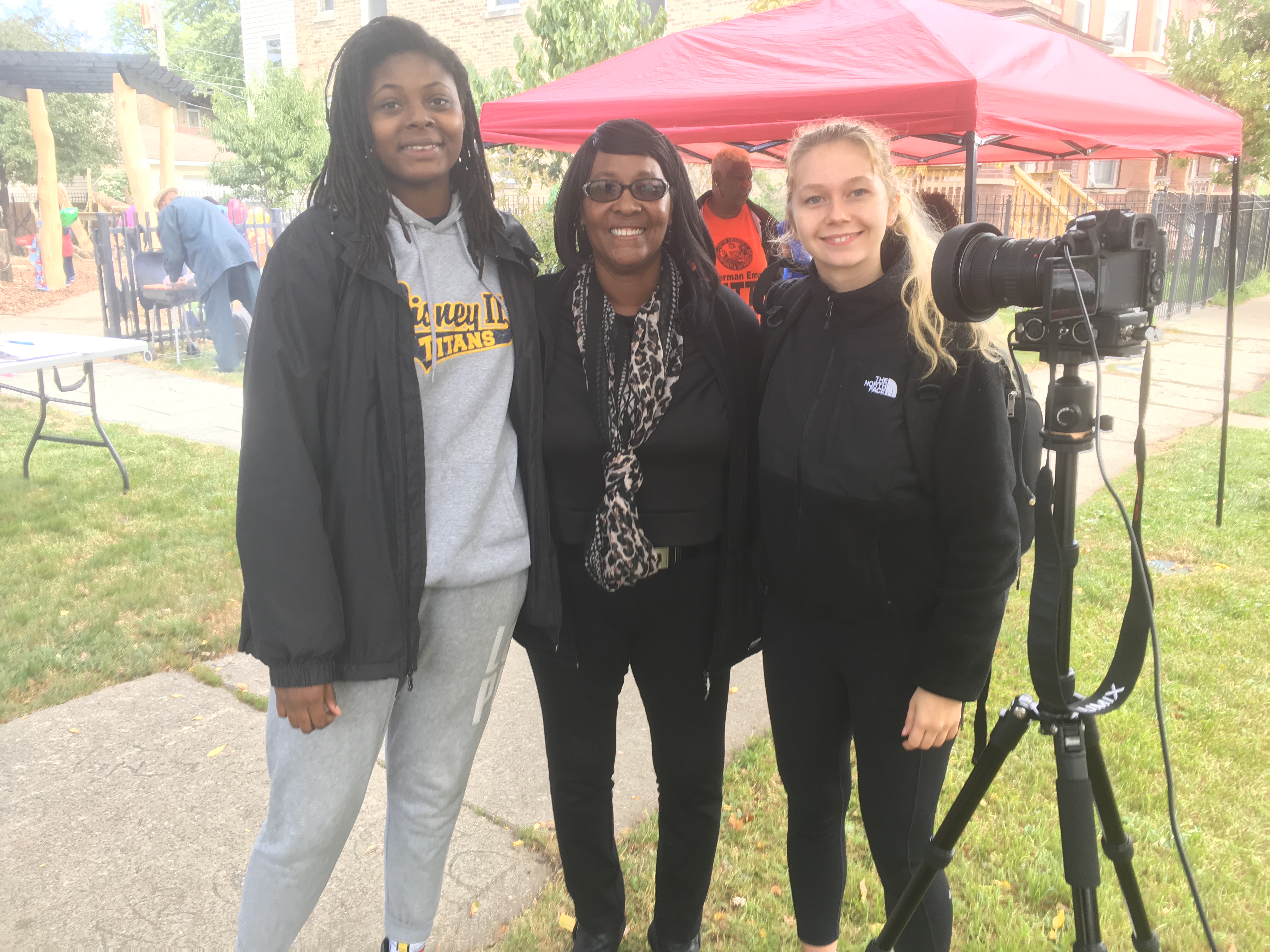
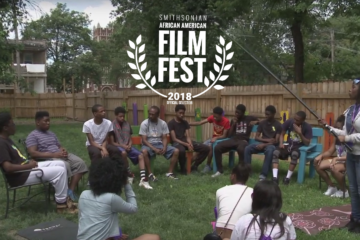
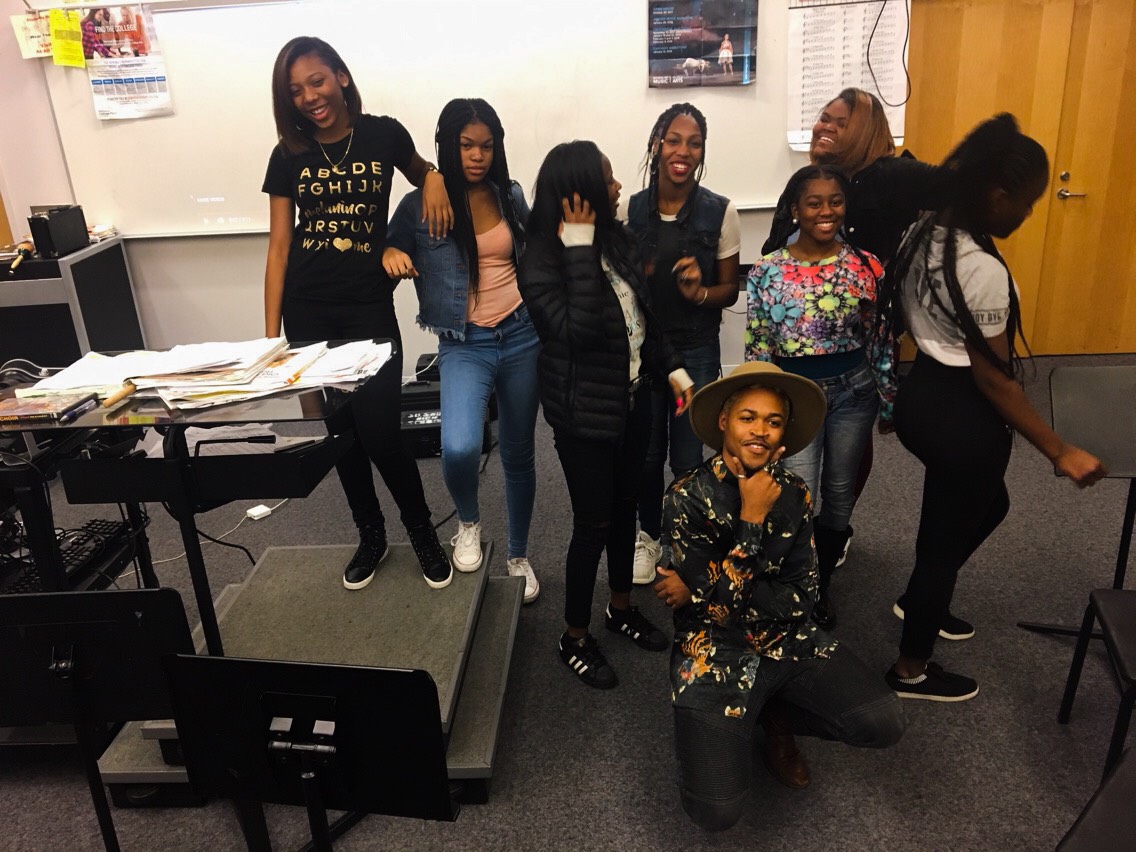
2 Comments
Aaron J Maier · February 29, 2012 at 6:04 PM
Thanks for visiting the classroom! This story is fantastic. I can’t wait to read the rest. Keep up the great reporting!
Shanika Brewster · April 10, 2012 at 7:19 PM
This blog is very informing. I think that more people should take this approach in providing healthy for for students.